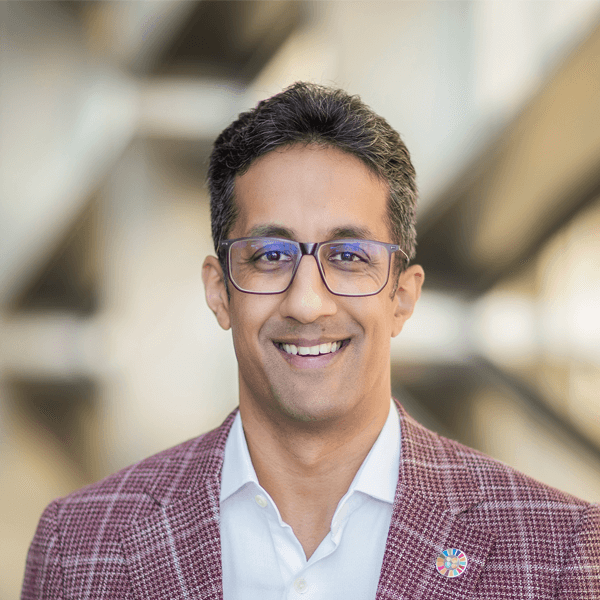
Mani Sarathy
Professor, Chemical Engineering
Physical Science and Engineering Division
“The purpose of my research is to maximize engine efficiency and minimize exhaust emissions to improve the environment through high efficiency fuel technologies and innovation.”
Program Affiliations
Biography
Mani Sarathy is a professor of chemical engineering at KAUST and chair of the Clean Energy Research Platform. He joined the university in 2012. An expert in the field of combustion and energy science, he utilizes modeling tools to determine the net environmental, economic and social impact of sustainable fuel engineering technologies and operations. His research in combustion chemistry modeling includes quantum chemistry based kinetic rate calculations, comprehensive mechanism development, combustion cyberinfrastructure development, computer generated detailed and reduced mechanisms, and simulation of multi-dimensional reacting flows. He is sought as a technical expert and lecturer by industry leaders and academic institutions, alike. Sarathy currently serves as an editorial board member of Combustion and Flame with the International Combustion Institute, and is a member of the American Institute of Chemical Engineering and Canadian Society for Chemical Engineering.
Research Interests
Prof. Sarathy’s research is focused on reducing the environmental impact of combustion systems via the study of greenhouse gas emissions from conventional and alternative fuel sources (e.g., biofuels, gas-to-liquid, synthetic fuels, etc.). To accomplish this, he creates fundamental chemical kinetic models using computational simulations, primarily centered on the chemical combustion of various transportation fuels. Engine designers use these models to achieve their performance targets. Dr. Sarathy’s models are equally useful in determining how the chemical structure of a fuel affects pollutant formation. He also applies his expertise in chemical kinetics to study a wide array of chemical engineering systems including biomass energy, carbon fiber from residual oil, hydrogen production, and large scale electrolyzer systems.
Education Profile
Postdoctoral Researcher, U.S. Department of Energy, Lawrence Livermore National Laboratory, USA, 2010-2012
Ph.D. Chemical Engineering, University of Toronto, Canada, 2006-2010
M.Sc. Chemical Engineering, University of Toronto, Canada, 2005-2006
B.Sc. Environmental Engineering Chemical Specialization, University of Waterloo, Canada, 1999-2004
Awards and Recognitions
Publications
Research Areas
- Chemical and Biological Engineering

